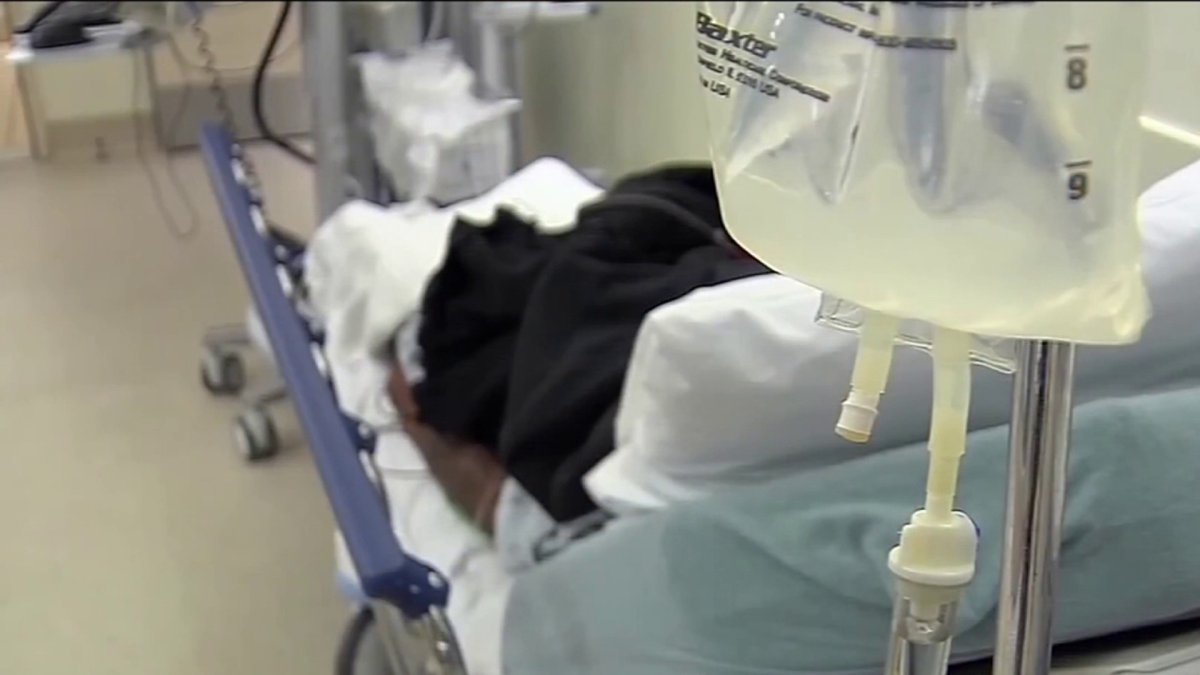
Extreme heat and cold, longer summers, and more dangerous weather events could all have an impact on our health.
Climate extremes conjure images of large storms and widespread destruction, but those situations pose other risks: to your body.
The new state health commissioner says this issue highlights inequities. Dr. Manisha Juthani says the Department of Public Health is now using new grant money to combat the problem.
“We see the impact in terms of health concerns every day,” Dr. Juthani, commissioner of the Department of Public Health, said.
Juthani says the effects of climate change are felt physically in many ways.
Get Connecticut local news, weather forecasts and entertainment stories to your inbox. Sign up for NBC Connecticut newsletters.
Longer summers mean longer lifespans for harmful insects.
“Whether it be tick-borne diseases like Lyme, diseases like that survive when the ticks are allowed to live for as long as possible. Along those same lines, there are mosquito-borne diseases,” Juthani said.
She says extreme heat and cold put the elderly and those living in poverty at risk, and power outages or other damage from major storms also create public health hazards.
Local
“In some of our areas where they're close to the shoreline, and you may have flooding, now you have flooding that comes into your home, and you have mold development,” she said.
Now the Connecticut Department of Public Health has new funding to fight these problems. The department is getting nearly $500,000 through a five-year grant from the Centers for Disease Control and Prevention.
There are only 11 recipients of this grant funding nationwide.
DPH will use the money to make hires for its new Climate Change and Health Program. The department will work with partners across Connecticut, including the Yale Center on Climate Change and Health.
Juthani says the program has two priorities. One is building out K-12 curriculum.
“So that our next generation will really understand how they can be impacted going forward in our societies,” she said.
The other goal is to serve already vulnerable populations, which are more susceptible to the hazards spurred by climate change.
“For example, asthma,” Juthani said. “We know that people who have asthma and are exposed to a lot of mold may have exacerbation of asthma. You then have the exacerbation of chronic conditions that already people exist with.”
The funding will let them work to address future health consequences while mitigating problems happening right now.
“Too much heat, too little heat, too much water, too little water. Climate is impacting our health on a daily basis,” Juthani said.